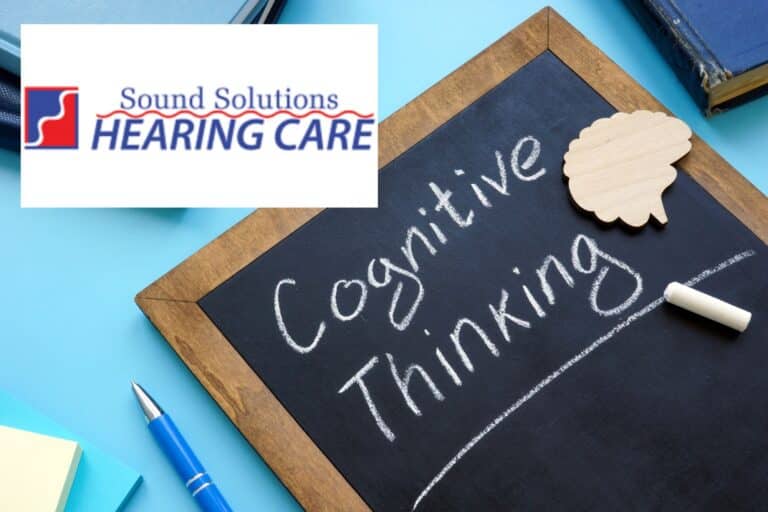As we all age, changes in our hearing can affect more than just our ability to make out conversations. In fact, research has shown connections between hearing loss and cognitive health. This article will explore this relationship, the underlying theories, and the benefits of addressing hearing issues early.
Hearing loss is defined as a reduced ability to hear sounds. There are different types, such as sensorineural and conductive hearing loss, each with varying signs and stages. It is not unusual for hearing loss to be more prevalent in older adults, with one in three people aged 60 and over experiencing some form of it.
What is the connection?
Now, how does this relate to cognitive health? Untreated hearing loss can exacerbate cognitive issues like memory difficulties and problems with analytical thinking. Various studies have delved into this link, demonstrating that untreated hearing loss can, over time, contribute to cognitive decline. This highlights the importance of addressing hearing loss to prevent further potential mental health issues.
Two theories shed light on this connection further: the Cognitive Load Theory and the Common Cause Hypothesis. The former suggests that the brain may be so overwhelmed with interpreting distorted sounds that other cognitive functions may decline. The latter posits that both cognitive decline and hearing loss can stem from the same underlying age-related damage to nerves.
Addressing hearing loss can reap benefits for both hearing and cognitive health. Many who have sought treatment for their hearing loss, such as using hearing aids, have reported notable improvements in their cognitive function. Hence, early intervention can make a world of difference.
What does it mean?
That being said, regular hearing check-ups are crucial, especially for individuals over 60. Engaging in activities that can help improve your hearing, such as targeted exercises, can also be beneficial to maintain optimal auditory health.
In conclusion, we cannot underscore enough the profound link between hearing loss and cognitive decline. Paying close attention to your auditory health can yield great rewards for your cognitive well-being as well. Therefore, an appointment with Sound Solutions Hearing Care could be a step towards achieving a better quality of life.



